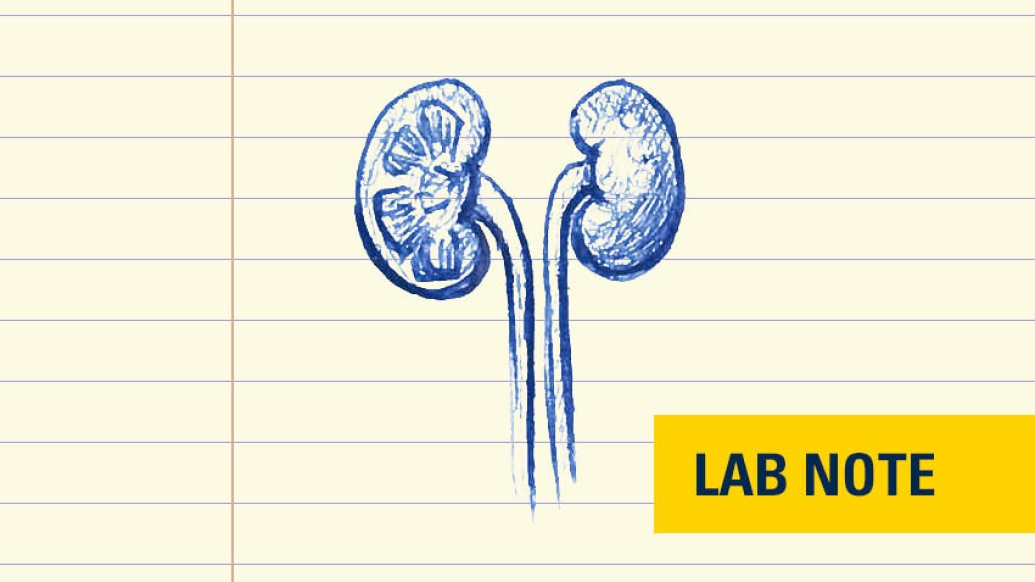The anti-cancer effect of the drug may help those with rare, hereditary cancer syndromes avoid surgeries by shrinking tumors via a daily oral dose.
5:00 AM
Author |

Patients with von Hippel–Lindau disease, a genetic condition brought on by a mutation in the VHL gene that predisposes the carrier to developing different kinds of tumors, have a high incidence of cancers, like kidney cancer. This is because of an inactive VHL gene that leads to hypoxia signaling, a condition that results from an imbalance between cellular oxygen consumption and blood flow.
Traditionally, invasive procedures like kidney and brain surgery were the only option for patients who produce these tumors, but an international single-group study of 61 participants published in The New England Journal of Medicine offers hope for those with the rare disease with the drug Belzutifan, which the research team showed can shrink tumors and keep patients from having to undergo surgery.
The drug, which targets the molecular defect in the VHL gene by antagonizing the hypoxia signaling, produces few side effects (predominantly anemia and/or fatigue) and appears to have an anti-cancer effect, according to study author Tobias Else, M.D., an endocrinologist leading the Comprehensive Clinical Care Center for VHL at University of Michigan Health Rogel Cancer Center.
"In virtually all of the patients' kidney cancers, brain and pancreatic tumors, the tumors shrunk and the effect was long lasting," said Else.
These findings are especially important for patients who are at higher risk of losing vital organ function due to tumors, or who face this risk due to the need to undergo major surgery. Belzutifan provides an alternative to surgery and may even replace it at some point, which is Else's hope.
"Ongoing studies will further evaluate the effect of this drug on these patients' tumors, but this is an exciting start for anyone with a hereditary cancer syndrome," said Else. "Rare diseases don't often get the attention they deserve, and this work shows that bench to bedside research can truly change peoples' lives. It may even lead to FDA approval of an entirely new in-class drug."
This research was sponsored by Peloton Therapeutics, Inc. and funded by Merck Sharp and Dohme, a subsidiary of Merck; the Intramural Research Program of the National Institutes of Health, National Cancer Institute Center for Cancer Research; and a grant (UO1 CA236489) from the NCI. ClinicalTrials.gov Identifier: NCT03401788.
Paper cited: "Belzutifan for Renal Cell Carcinoma in von Hippel–Lindau Disease," The New England Journal of Medicine. DOI: 10.1056/NEJMoa2103425

Explore a variety of healthcare news & stories by visiting the Health Lab home page for more articles.

Department of Communication at Michigan Medicine
Want top health & research news weekly? Sign up for Health Lab’s newsletters today!





